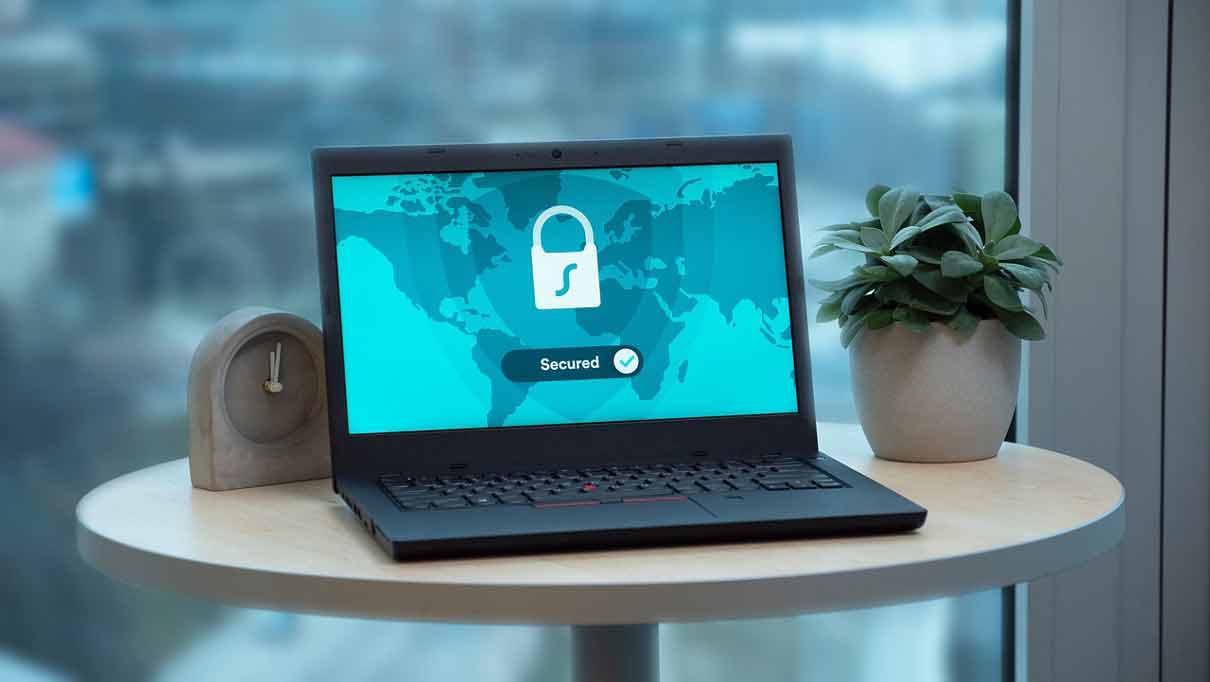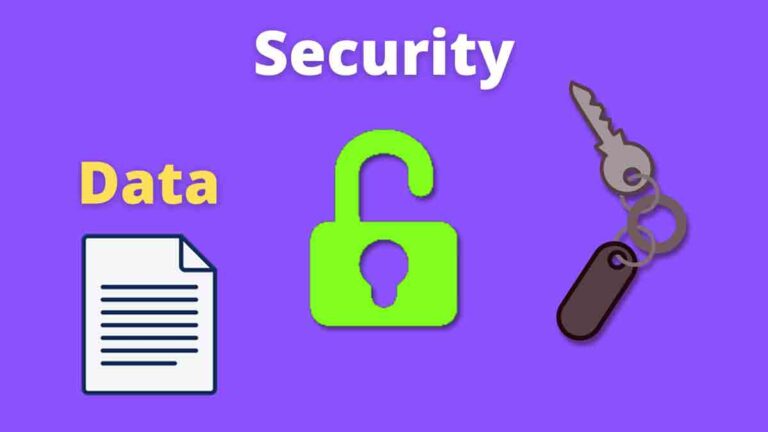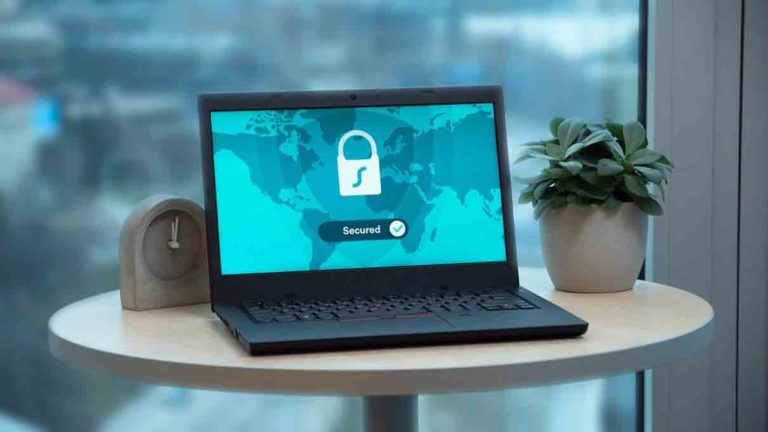7 Best Practices to Secure Your Business Network
Secure Your Business Network
In this modern digital era, it is next to impossible to run a business without a network where you keep data to be shared among employees. The vast amount of data held in business networks has led to an increasing number of cybercriminal activities. Many companies are falling victim to data theft. There has never been more need to secure a business network like there is today. You may not arrive at a fool-proof system, but certain practices will guarantee significant protection. Here are some of those practices:

Use a VPN
A Virtual Private Network (VPN) ensures that you establish a protected network connection when interacting with public networks. VPNs encrypt internet connections and any data transfers across the internet. Some VPN services have a kill switch that disconnects hardware from the system in case of loss of protected connection. That ensures that you stay safe from any unwanted data leaks. Your business employees can use Wi-Fi safely without your company data being vulnerable to theft. How does a VPN do this? VPNs hide IP addresses.
They do this by allowing the network to redirect them to a specially configured remote server run by a VPN host. When you have a VPN and browse online, the data you get comes from the VPN. Even your Internet Service Providers and any malicious third parties cannot see anything you send or receive online.
Your internet traffic is encrypted, and you can disguise your online identity. The encryption takes place in real-time. You can also hide your whereabouts since a VPN will act as your proxy on the interwebs. When you have a VPN in your business network, you are assured of secure data transfer even when your employees work remotely and need to access files.
Disable file sharing
File sharing has become more popular, especially with the rise in remote working and most businesses moving to the cloud. You can’t deny the convenience that has brought. However, when companies utilize technology to transfer files between devices, they put themselves at security risks.
File sharing tends to provide an avenue for malware infection, exposure or loss of sensitive information, and hacking attempts. When you fail to employ proper security measures within your business networks, the potential harm to your company’s data could outweigh the benefits accruing from file sharing. You should only enable file sharing on file servers. Enabling file sharing on all devices in your Wi-Fi network makes it possible for files passing through the network to be seen by every other user using the Wi-Fi.
Secure your network devices
Routers and switches are the basic building blocks for any network. They bring together devices within the same network. For example, switches enable devices within a network to communicate with each other. Of course, this means they are ripe targets for information leaking. You should invest in top-grade network products from vendors like Sophos. Reputation does matter in picking any network hardware vendor.
Update router firmware
In most cases, people only interact with their router when turning it on and off during slowdowns. This unintended neglect could put loads of data and bank accounts at risk. One of the vulnerabilities that could put your business at risk of cyber security attacks is using outdated router firmware. A majority of business owners think firmware updates are not worth the effort. And that is where they go wrong.
When you update your firmware, you are sure that you are using a version without bugs. Router manufacturers always roll out firmware updates throughout the year to address any vulnerabilities present. Ensure that you update your router regularly because all your information passes through it, and unfortunately, if it is compromised, it will significantly impact your device security and privacy.
Use IPS or IDS
In a regular business network, there are usually numerous access points. That necessitates a system to monitor for any signs of a possible threat, potential violation, or any other unwanted incidences.
Nowadays, threats are getting more sophisticated, and some even infiltrate the most robust security systems. Intrusion Detection Systems (IDS) and Intrusion Prevention Systems (IPS) are excellent ways to detect and prevent possible threats. IDS detects any attacks from malware or worms.
An IDS generally monitors network traffic and alerts the network administrator in case of suspicious activity. An analogy to describe it is the house alarm system that sounds an alarm if a burglar tries to force entry.
An IPS, on the other hand, actively prevents your network from any attackers it detects. It monitors your network for any malicious activities and reports the events to the network administrator. It does not just do that; also takes preventative action like configuring firewalls or closing access points to prevent future attacks. You can use IP reputation to detect bots, block email SPAM, prevent fake registrations, and verify users or payments
Restrict DHCP
Dynamic Host Configuration Protocols (DHCP) is a network management protocol that automates the whole process of device configuration in IP networks. The protocol makes it easier for devices to use network services like NTP, DNS, or any communication protocol using TCP or UDP.
A DHCP server will automatically assign network configuration parameters like IP addresses to every device on the network, allowing them to communicate with other IP networks. With a DHCP, it is easier to maintain Wi-Fi networks and removes the need for manual assignment of IP addresses to devices within your network.
With all the benefits of DHCP, it could provide an entry point for unauthorized people to enter your network. To avoid that, you could have reservations for the DHCP.
Configuring DHCP reservations prevents it from giving out IP addresses to devices outside a set exclusion zone. Any malicious person trying to access your network will have to know the allowable ranges. Restricting DHCP does not provide the highest level of security, but it makes it challenging for hackers to infiltrate your network.
Enable a WAF
A Web Application Firewall (WAF) filters traffic between the business’s web applications and the internet. A WAF will protect your sensitive data and that of your customers who interact with you online. When you enable a WAF, hackers will not interfere with customer data, therefore, fostering trust. A WAF will protect your network from CSRF, XSS, and SQL injection attacks.
Final Remarks
Network security should be a central consideration for any business that uses LAN or works over the internet. It does not matter how big or small your business is. It is still essential to prioritize security to avoid loss or theft of client data. While you can not 100% prevent attacks, an intentional effort to have efficient network security policies will come a long way. These are the above 7 practices to secure your business network.






